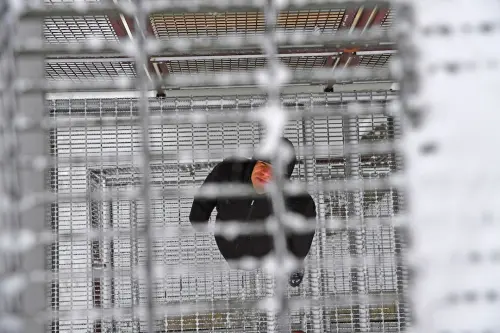In Saskatoon, Marvin Starblanket, a member of the Mistawasis First Nation, is one of many Indigenous individuals formerly incarcerated facing strict post-release conditions from Correctional Service Canada. These rules govern various aspects of his life, from living arrangements and curfews to alcohol consumption and job opportunities. Despite these constraints, Starblanket has chosen to express his inner conflict through tattoos on his hands that read "Good" and "Evil," reflecting on the duality of human nature.
As Canada grapples with the disproportionate representation of Indigenous people in its prison system, recent data reveals a concerning trend of worsening overrepresentation. Despite government initiatives to address this issue, such as repealing certain mandatory minimum sentences, the challenges persist. Experts and stakeholders cite factors like poverty, untreated mental health issues, and systemic biases contributing to this disparity.
Moreover, Indigenous individuals under long-term supervision orders face hurdles reintegrating into society due to socioeconomic gaps and previous trauma. The stricter monitoring imposed on them increases the risk of breaching conditions and returning to incarceration. While such oversight can offer resources like counseling, breaches can swiftly lead to re-imprisonment, perpetuating a cycle of limited freedom for these individuals.
Advocates emphasize the need for more tailored risk assessments, improved access to mental health services, and culturally sensitive programs to support Indigenous individuals in their post-release journeys. Addressing the systemic challenges and providing holistic support, rather than punitive measures alone, is crucial in breaking the incarceration cycle for Indigenous communities.
